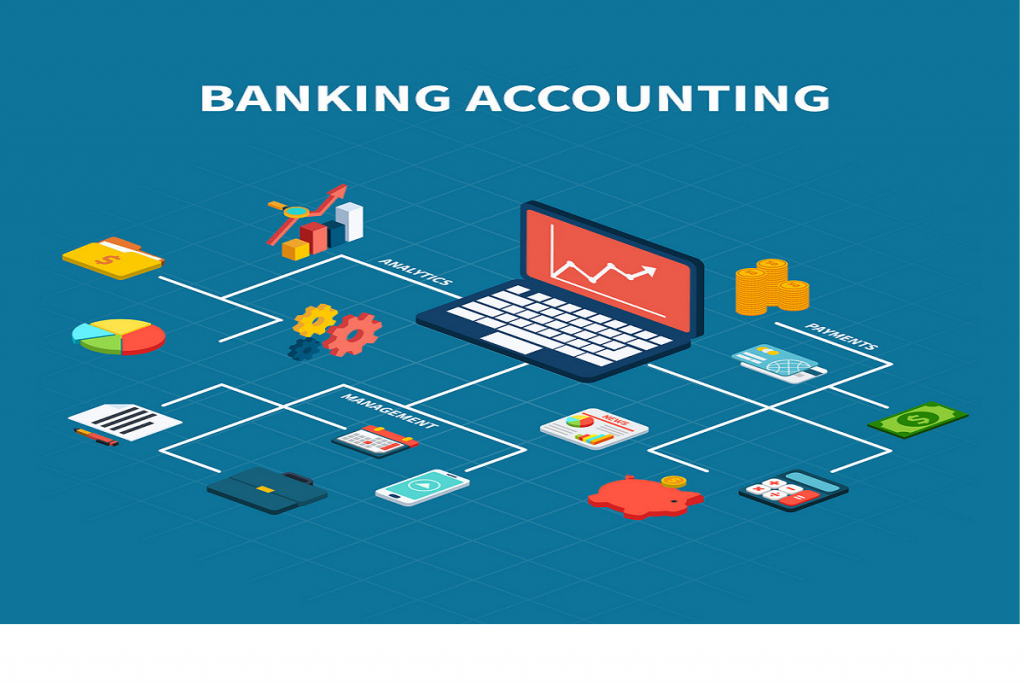The bank accounting is the science and technology that is responsible for providing useful for making economic decisions. Its task is to study the assets and reflect the results in financial or accounting statements, which suppose the summary of an economic situation.
Banking, on the other hand, is an adjective that refers to what belongs to or related to commercial banking. It should be remembered that a bank is, in this sense, a financial institution dedicated to the administration of money, which offers services such as equity loans and securities depository.

The bank accounting, therefore, is a notion that is linked to the accounting branch dedicated to the analysis of financial elements that circulate internally in a bank.
Thanks to this discipline, information regarding the money circulating in the bank are recorded, so that bank accounting brings knowledge to the managers so that they can make the best decisions for the entity.
The goods and services offered by the bank depend, to a large extent, on the statements reflected in the bank accounts. By knowing precisely the internal flow of capital in the entity, decision-makers can determine what type of products and services to launch for customers.
In addition to all the above, it is necessary to record other fundamental aspects of the bank above accounting. In specific, we must bear in mind that it must be based on three pillars:
- Real knowledge of costs, since it is the way to reduce them.
- Knowledge of the return concerning each of the products and services that are available.
- The control of the fundamental variable calls. Specifically, among them is, for example, the type of
risk that the relevant banking entity can or wants to assume at any given time.
In the same way, it is essential that, within this type of accounting, the entity always have a knowledge and detailed and up-to-date management of current accounts, granting loans, time deposits, accounts of savings or the opening of credits, for example.
Of course, we must not overlook two other fundamental characteristics that all bank accounting has to possess:
-
- It must be synonymous with clear information.
- It is essential that it be available to suppliers, customer, or users, for example.
The costs, profitability, and risks are among the most important variables that analyze financial accounting. The impartial is to take care of the entity’s assets so that the development of activities does not threaten the stability of the organization and allows profits to be made.
Many are professionals in the banking sector or the field of accounting, who decide to train in the specific area we are analyzing. For this, they carry out courses where they acquire all the knowledge related to issues such as economic-financial operations, investment management, accounting legislation, the accounting of banking operations, the accounting management application… Also find more helpful resources at dyifo.

